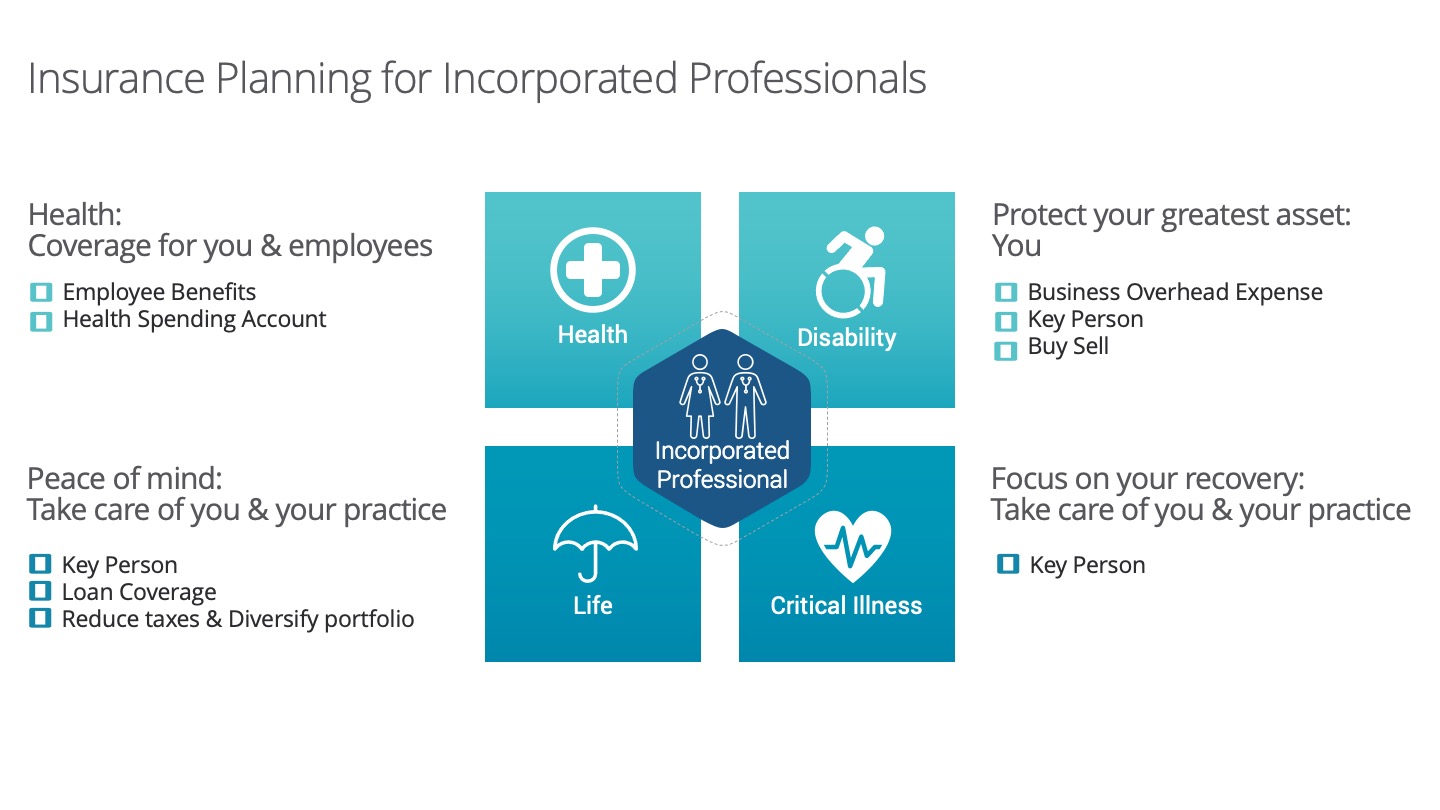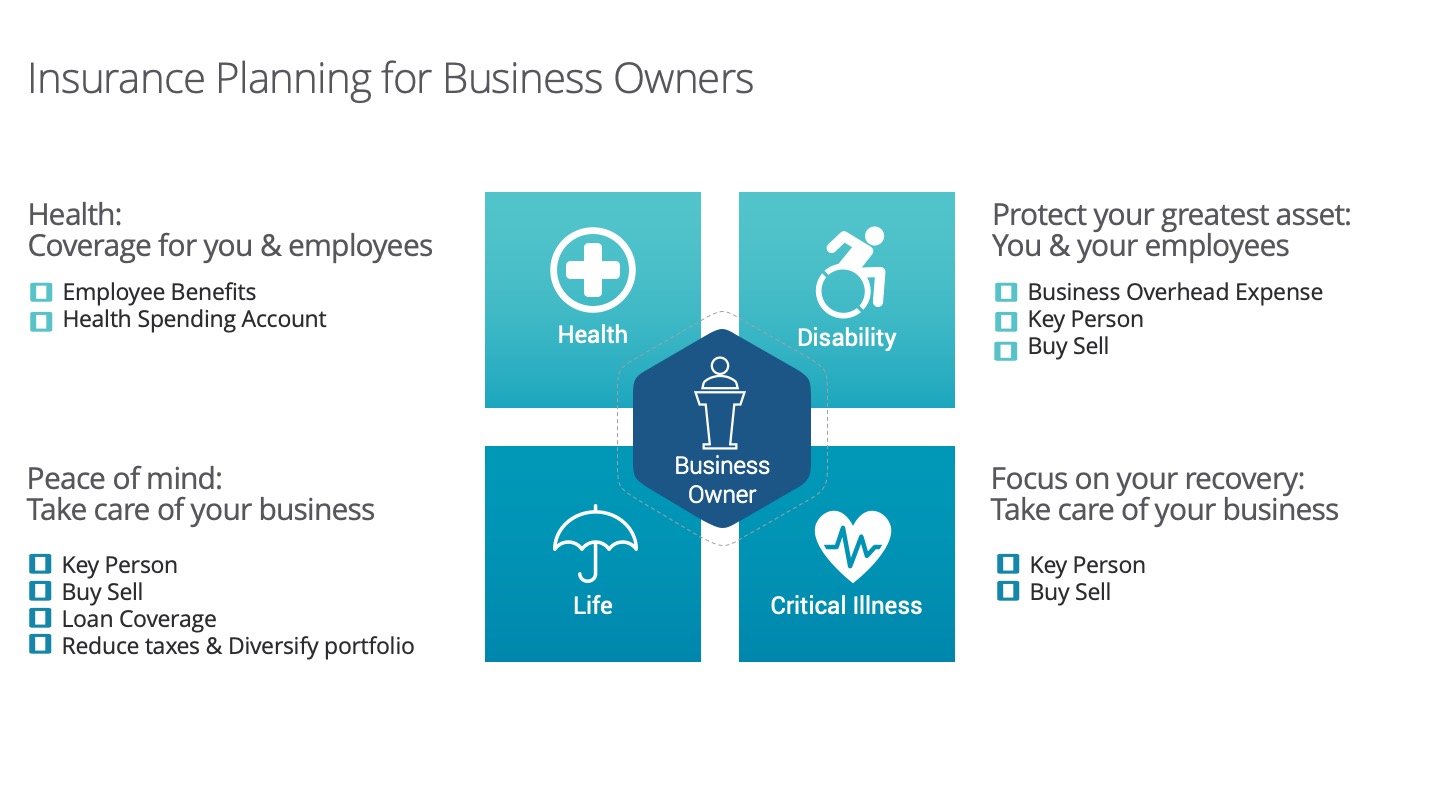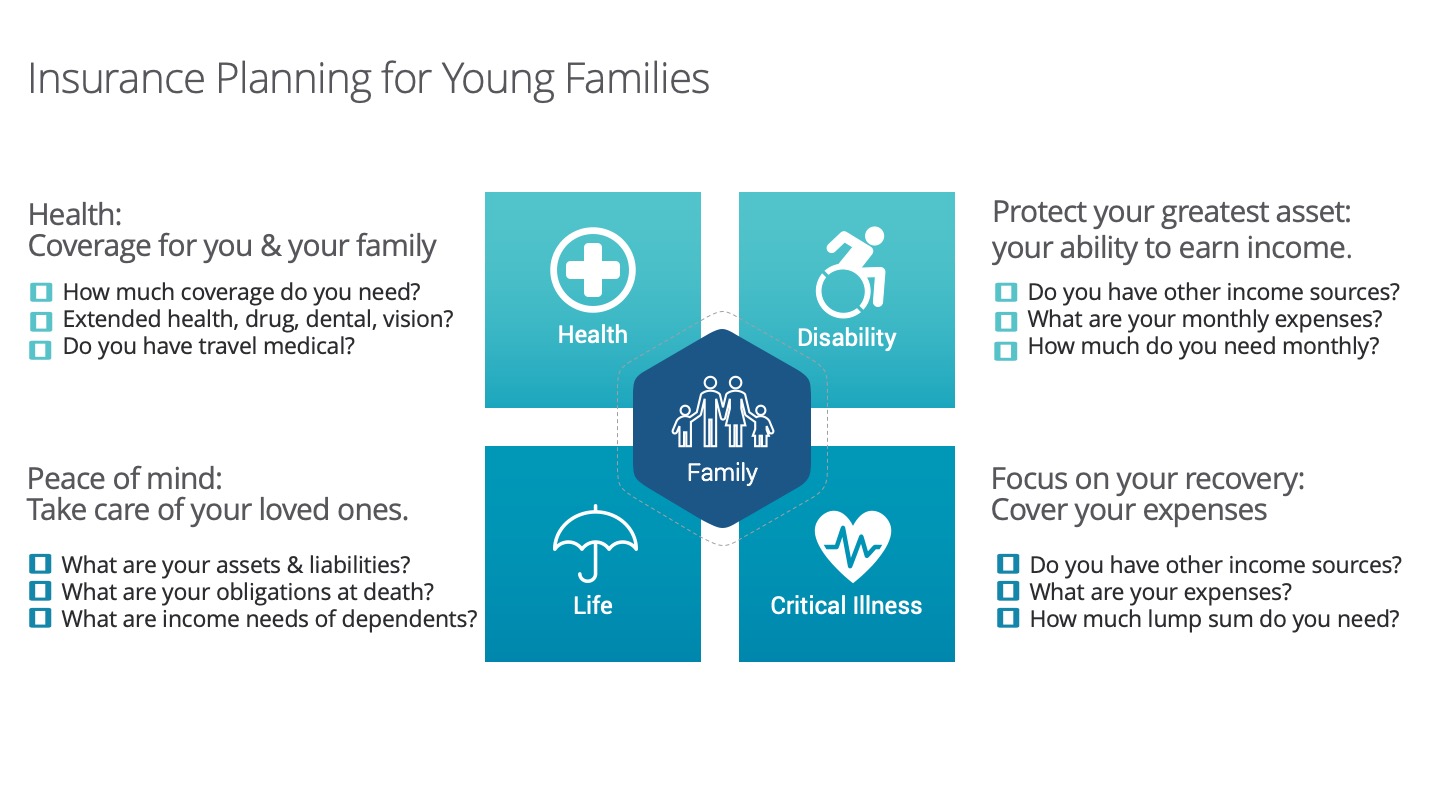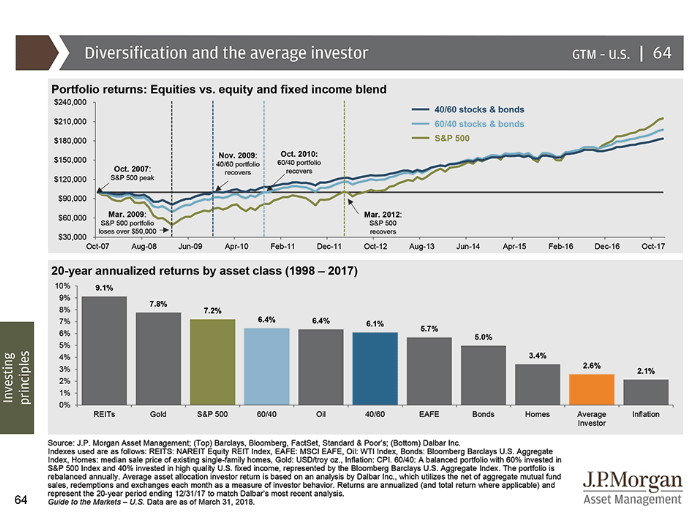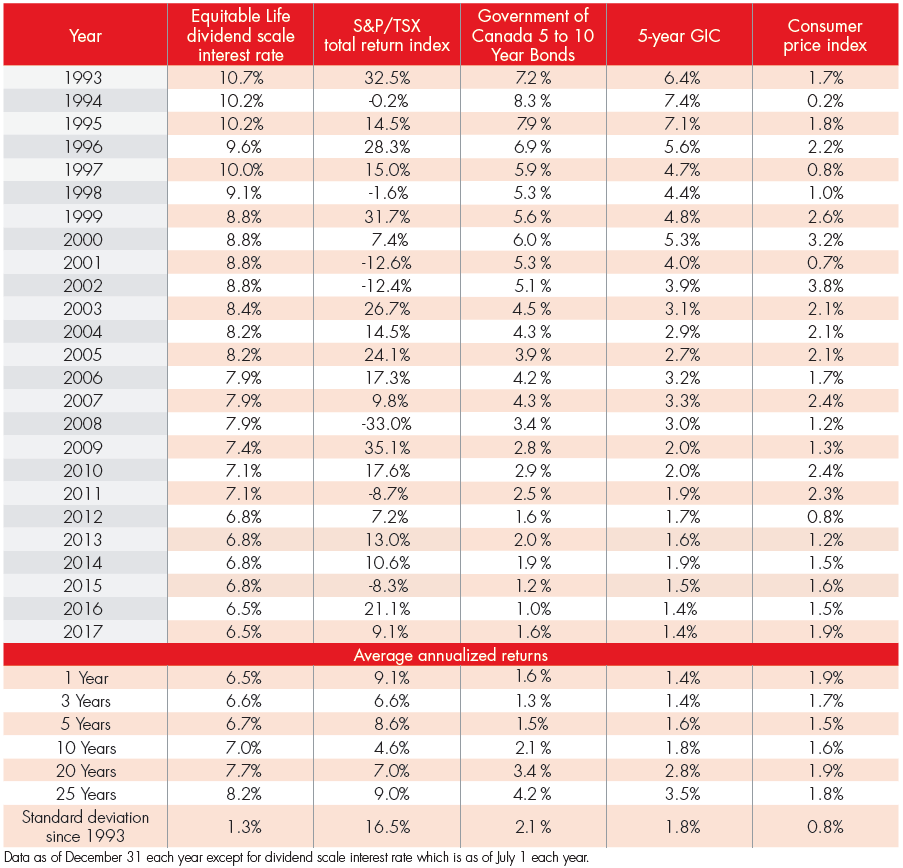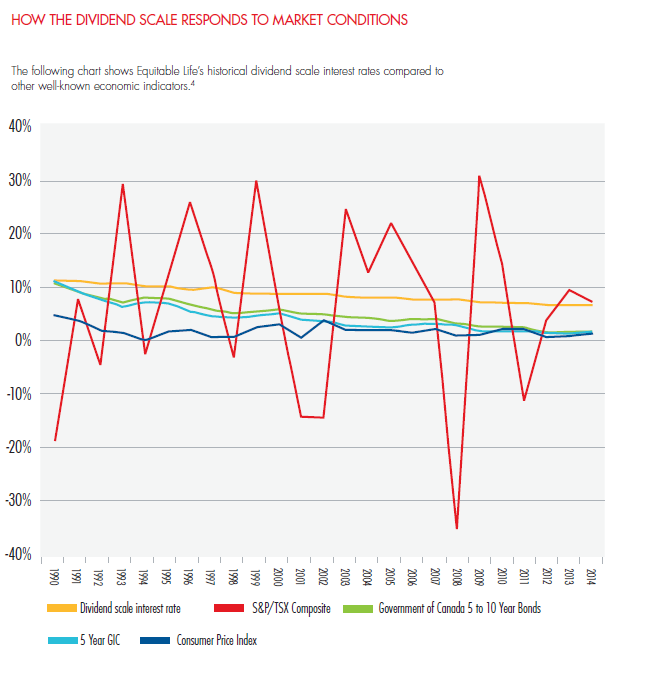Empowering Your Family’s Financial Future: A Comprehensive Guide to Budgeting
Taking charge of your family’s financial well-being through effective budgeting is a crucial step in securing a brighter future. We’ll explore the significance of budgeting and provide practical tips to help you manage your money wisely while ensuring the best possible support for your loved ones, including those with disabilities and their Registered Disability Savings Plan (RDSP).
Why Budgeting Matters for Families
Budgeting is a powerful financial tool that holds importance for all families:
- Financial Clarity: It offers a clear overview of your family’s income and expenses, helping you make informed decisions about allocating funds.
- Goal Achievement: Budgeting helps you allocate funds not only for your loved one’s RDSP but also for other family financial goals, such as saving for education or a home.
- Expense Control: It identifies areas where you can cut back on expenses, freeing up money for your family’s financial priorities.
- Debt Reduction: By tracking spending, you can allocate extra funds to pay down debt faster, ensuring your family’s financial stability.
- Emergency Preparedness: A budget provides a financial safety net for unexpected expenses, which can be especially critical for families with additional financial responsibilities.
Steps to Effective Budgeting for Families
- Calculate Income: Determine your total monthly income, including salaries, government benefits, and any disability-related support for your loved one.
- List Expenses: Categorize expenses into fixed (e.g., housing, utilities) and variable (e.g., groceries, entertainment).
- Set Financial Goals: Define short-term and long-term financial goals for your family, ensuring that your loved one’s RDSP contributions are part of the plan.
- Create a Budget: Use budgeting tools or apps to allocate income to expenses, savings, and financial goals without exceeding your income.
- Monitor and Adjust: Regularly track spending against your budget, making necessary adjustments to ensure your family’s financial health.
Tips for Successful Budgeting
- Be Realistic: Set achievable goals and create a budget that accommodates your family’s unique needs, including the financial responsibilities associated with the RDSP.
- Prioritize Savings: Ensure that contributing to your loved one’s RDSP is a top financial priority, but don’t forget to save for other family goals too.
- Emergency Fund: Maintain an emergency fund to cover unexpected expenses, which can benefit all family members.
- Review and Cut Expenses: Periodically review expenses to find areas where you can save and allocate more funds to your family’s financial priorities.
- Pay Yourself First: Treat savings, including RDSP contributions, as non-negotiable expenses, just like other essential bills.
- Seek Professional Advice: Consult a financial advisor who specializes in disability-related financial planning for tailored guidance.
Budgeting is your family’s pathway to financial security and ensuring a brighter financial future. By budgeting wisely and prioritizing your loved one’s financial well-being, you can control your family’s finances, reduce stress, and work towards a future filled with financial peace of mind. Remember, financial success for families means making informed choices that align with your values and aspirations. Start budgeting today to achieve financial wellness for your entire family, balancing the needs of all family members, including those who rely on the support of the RDSP.




